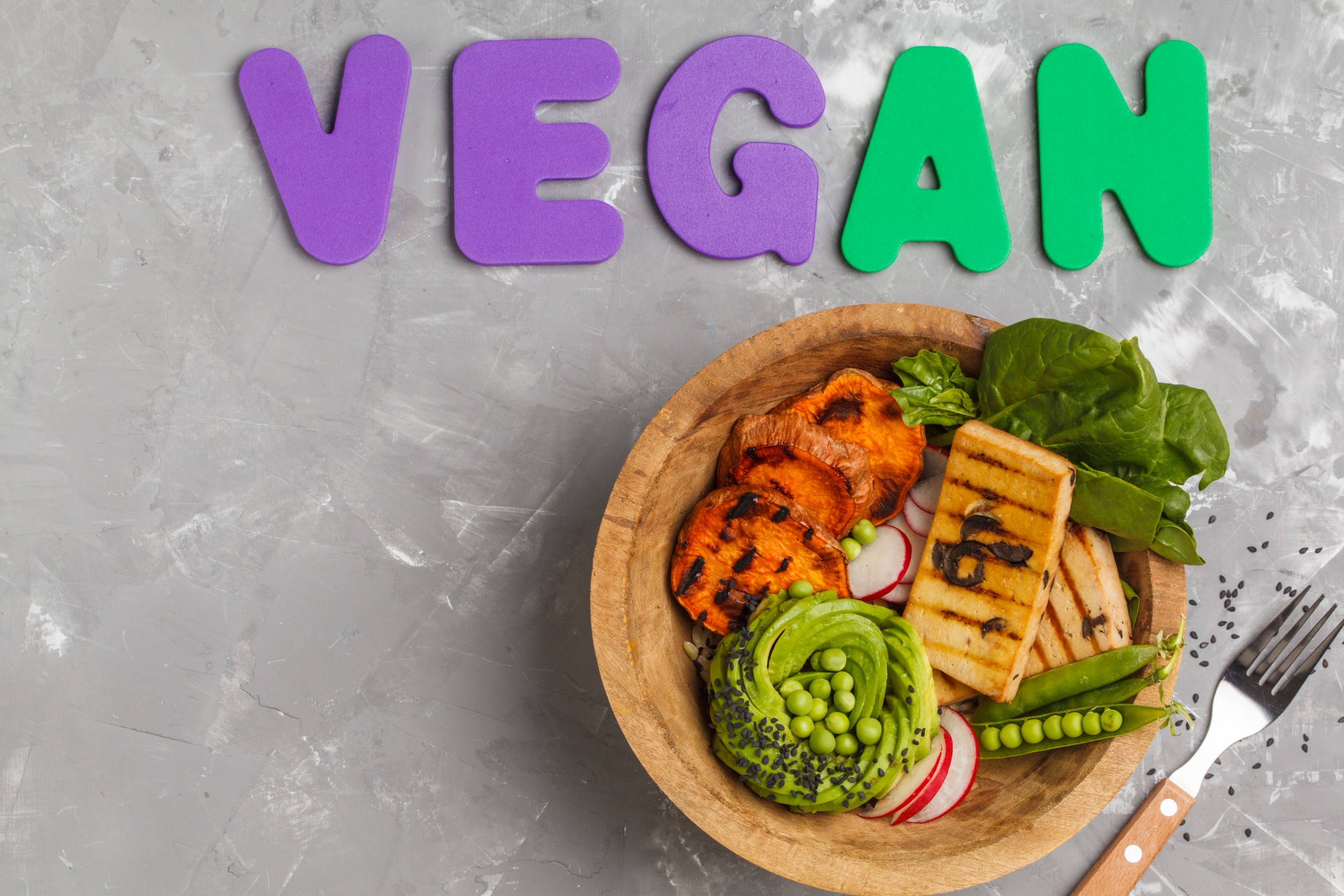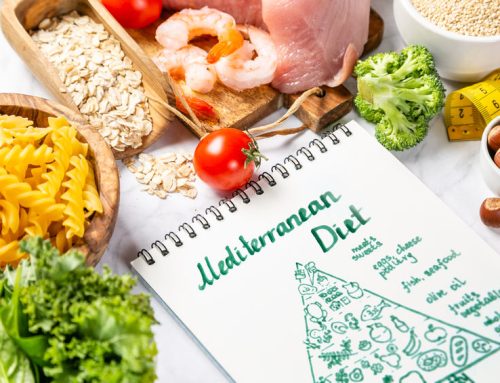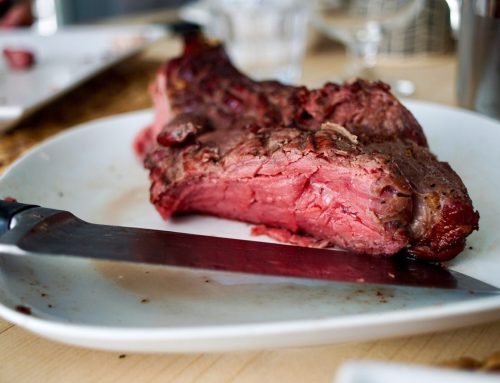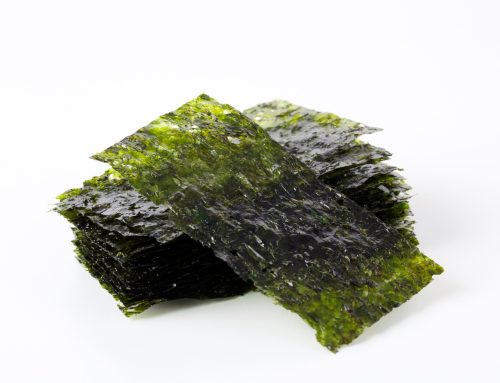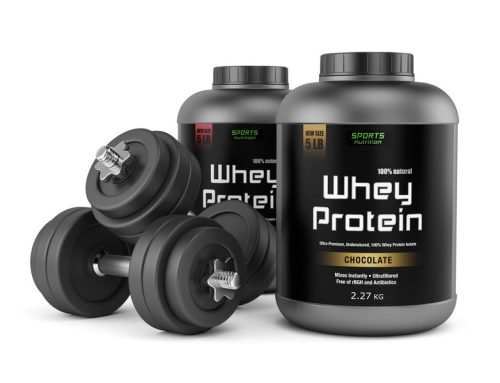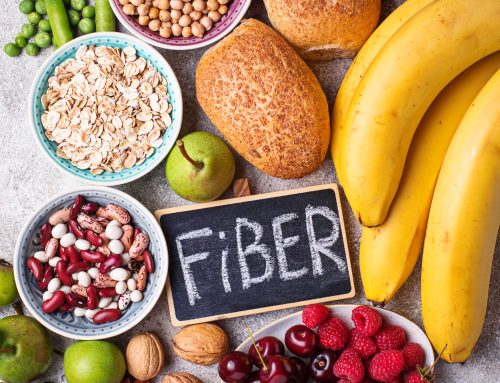Is a vegan diet healthy? Is it a really healthier diet than eating meat? This rare identical twin study offers an answer.
As many ramp up to make drastic changes to their diets in the new year, a new study explores the benefits of following a vegan diet versus an omnivore diet.
To be vegan, you must avoid all foods that come from animals, such as meat, fish, dairy, eggs and honey. On the other hand, an omnivore diet allows foods from both plant and animal sources.
The recent study reveals several health benefits of following a vegan diet, but nutritionists say that doesn’t mean dropping animal-based foods is the answer for everyone.
Research Study: Is a Vegan Diet Healthy?
Researchers studied the question of is a vegan diet is healthy by comparing it to an meat-eating diet. This study involved identical twins.
• The new research, published Nov. 30 in the Journal of the American Medical Association (JAMA), tracked 22 pairs of identical twins for eight weeks as one twin from each pair ate a vegan diet while the other one ate omnivore diet.
• Both groups’ diets were designed to be healthy, with lots of vegetables, fruits, and whole grains, and limited added sugars, refined grains and highly processed foods.
• “Each pair of twins was randomly assigned to one of the two diets, so no one got to choose their own diet assignment,” Dr. Christopher Gardner, a research professor of medicine at Stanford University School of Medicine and the senior author of the study, tells TODAY.com.
• Using identical twins to measure the study’s results was critical because outside factors often influence results of nutrition-related studies, he says. Because each set of twins in Gardner’s study had the same genes, upbringing, and similar attitudes and behaviors with food and exercise, the research provided more reliable data than other randomized clinical trials, he explains.
• The results showed the vegan diet had better cardiometabolic health outcomes compared to the omnivore diet, such as: a 20% drop in insulin levels, a 12% drop in LDL “bad” cholesterol and a 3% drop in overall body weight.
• All participants started the study at healthy weights and had insulin and cholesterol levels within a normal range, “so there was not much room for improvement, and yet they improved — and in just 8 weeks,” Gardner says. He adds that the research also showed other health benefits for the vegan group that are still being analyzed and will be published in a later study.
• Those in the omnivore group did not experience any harmful changes to their health.
“Many of the benefits (of a vegan diet) are outlined in this study and supported by other research,” Jen Messer, registered dietitian and president-elect of the New Hampshire Academy of Nutrition and Dietetics, tell TODAY.com. She wasn’t involved in the study.
She adds that heart health benefits like these are expected with a “well-balanced vegan diet that’s abundant in fruits, vegetables, whole grains and plant-based proteins.”
Is eating animal products healthy?
The study’s results don’t necessarily mean that veganism is better than omnivorous eating, experts say.
“The takeaway is not that the world should go vegan,” Gardner explains. Instead, it’s that “it is quite likely that there are partial benefits to be experienced simply by replacing some of the meat in one’s diet with more plant foods.”
Messer agrees, adding that she consistently advises her clients to incorporate more plant-based meals in their diet to improve cardiovascular health. “I often recommend ‘meatless Mondays’ or something similar as an easy way to add more plant-based proteins to your diet without fully committing to a vegan plan that may not be appealing to everyone,” she says.
Another way to temporarily try a vegan diet is by participating in Veganuary, where you avoid animal products for the month of January. There are plenty of easy Veganuary recipes to follow.
Is it bad to eliminate an entire food group?
Messer says it can be harmful to your health to cut out any food group completely if it’s not done carefully.
“Eliminating an entire food group as in the case of a vegan diet may leave you short on key nutrients,” she explains. “A vegan dietary pattern may pose limitations on nutrients like vitamin B12, iron, omega-3s and calcium — as evidenced by numerous studies.”
A deficiency of vitamin B12, which is only found in animal products, can lead to neurological issues, fatigue and potentially long-term nerve damage. Iron deficiency can result in anemia and impaired cognitive function, and a lack of calcium may lead to weakened bones and increased risk of fractures. Omega-3 fatty acids play an important role in heart health, brain function and inflammation regulation. To avoid such deficiencies, Messer says vegans often require “supplementation or meticulous meal planning.”
For some people, a vegan diet can also be less satisfying: The twins in the vegan group of the study reported less overall satisfaction than those in the omnivore group.
But regardless of your dietary restrictions, “there are many ways to craft a healthy dietary pattern that is consistent with personal and cultural preferences,” Alice Lichtenstein, director of cardiovascular nutrition at the Jean Mayer USDA Human Nutrition Research Center on Aging at Tufts University, tells TODAY.com.
“The critical issue is that the healthy dietary pattern be one that is enjoyed, consistent with one’s lifestyle and maintained in the long run,” she says.
And going vegan isn’t inherently healthier, either.
“One way to follow a vegan diet is to cut out beef, chicken, pork, fish, dairy and eggs and replace it with soda, vegan cookies, and vegan snack food. There would be dangers to that,” Gardner says.
Whether you eat animal products or not, “a reasonable variety of vegetables, beans, whole grains, nuts, seeds and fruits should provide all the necessary nutrients to support a full and active life,” he adds.
Click here to read more on is a vegan diet healthy?


